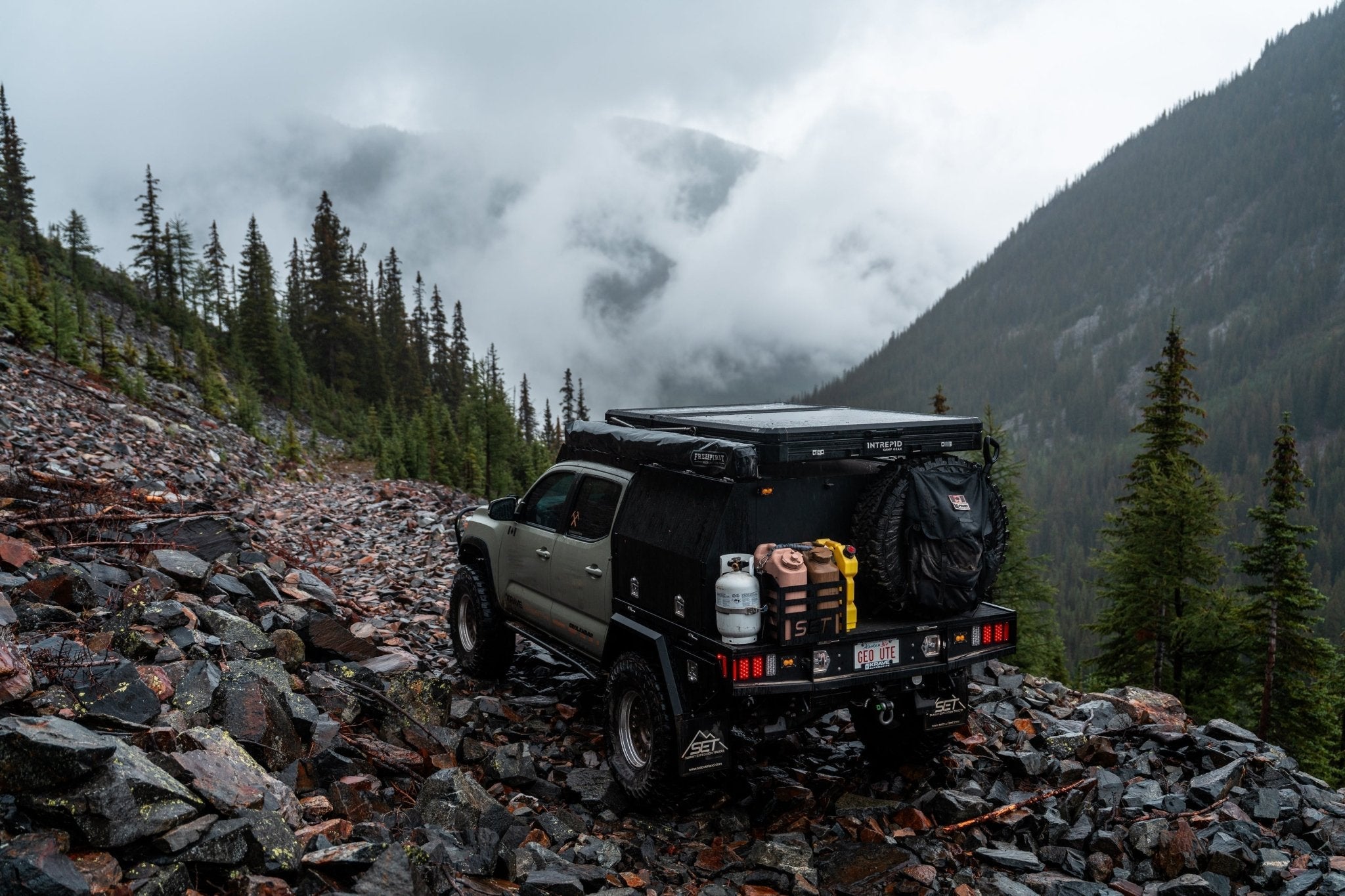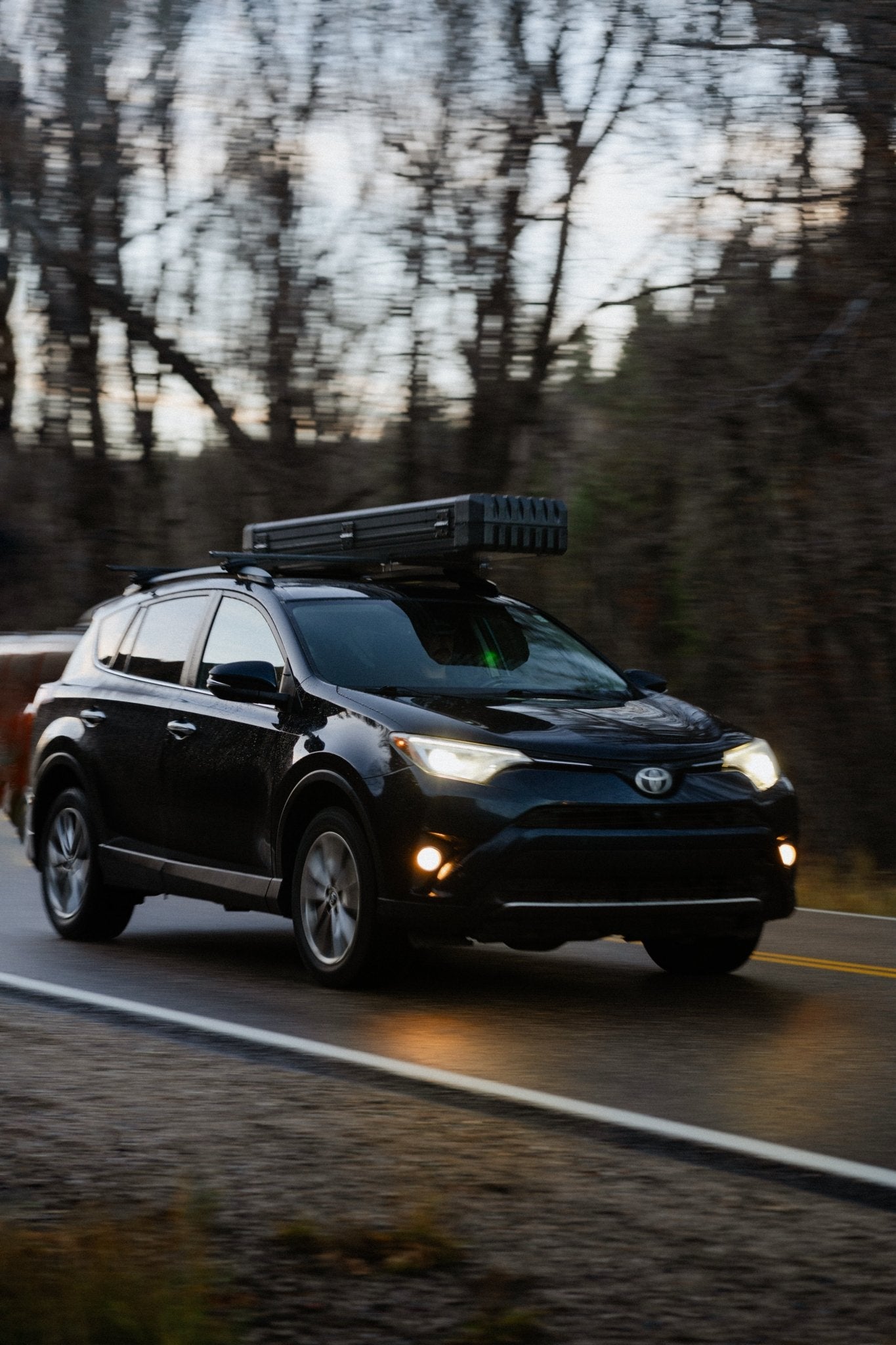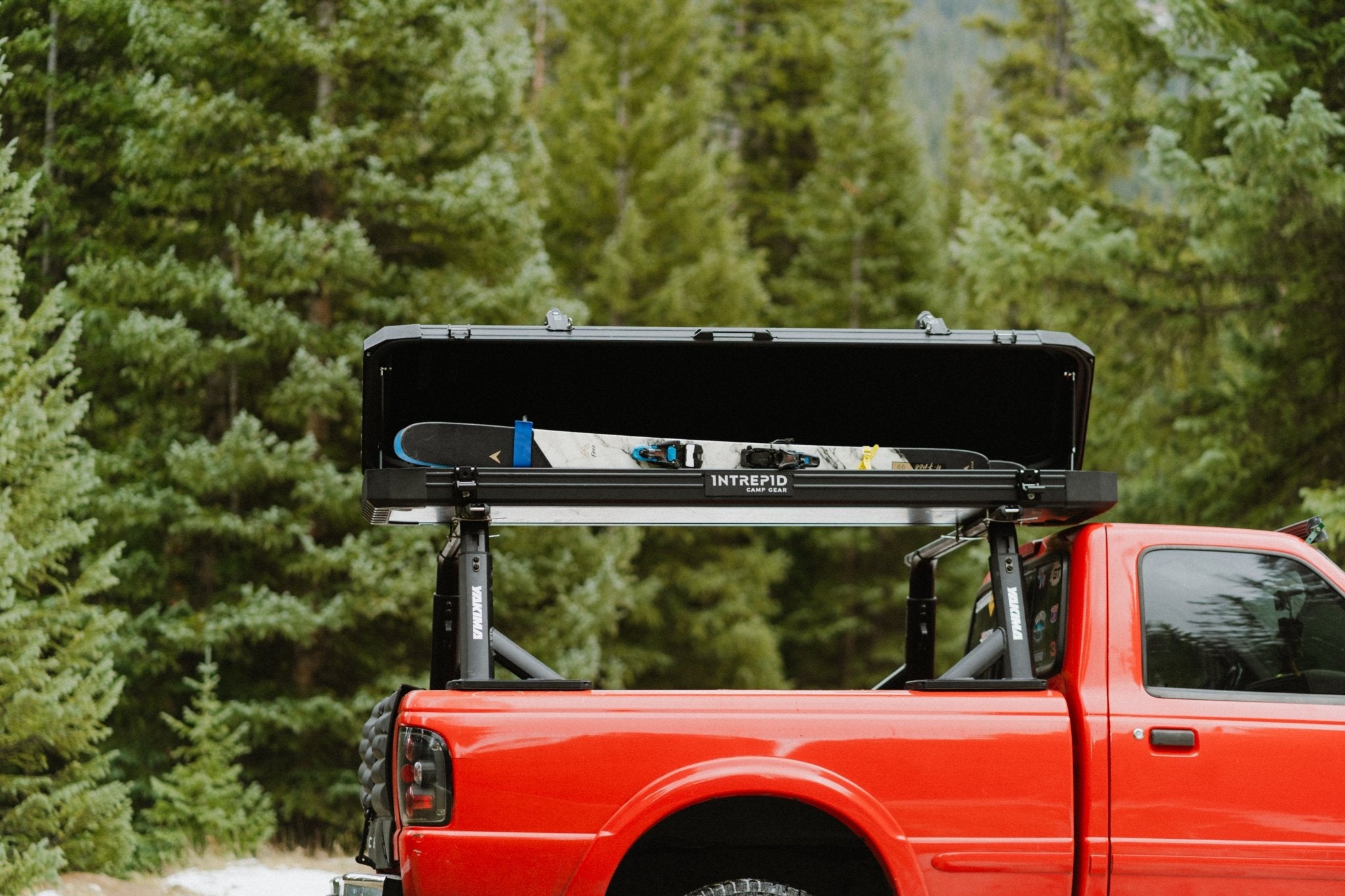Sleeping in your car isn’t illegal across the board—but that doesn’t mean you can do it anywhere without consequence. The freedom of the open road often includes the need to find a safe and legal spot to rest for the night. Whether you're on an epic cross-country adventure or just need a quick nap, understanding the rules is key. Laws can change dramatically from one town to the next, turning a simple overnight stay into a potential legal issue. This guide will help you navigate the patchwork of regulations to ensure your journey remains hassle-free.
Key Considerations When Sleeping in Your Car
Before you park for the night, it’s essential to understand the variables that determine whether you can legally sleep in your vehicle. These rules are in place for safety, public order, and sanitation reasons.
Top factors that influence legality:
- Local city or county ordinances: This is the most significant factor. Many cities have specific laws that ban sleeping in vehicles within city limits to address concerns about homelessness or public nuisance. Always check local municipal codes before settling in for the night.
- Public Land: Places like National Forests or Bureau of Land Management (BLM) areas often permit dispersed camping, which includes sleeping in your vehicle. However, these areas have their own set of rules, such as staying within a certain distance of established roads and practicing Leave No Trace principles.
- Rest Stops: State-run rest stops can be a gray area. Some states welcome weary travelers to rest for a few hours to promote road safety, while others explicitly prohibit overnight stays. Look for posted signs that indicate the rules and any time limits.
- Private Property: Parking on private property, like a business parking lot or someone's driveway, requires explicit permission from the property owner. Without it, you could be cited for trespassing, and your vehicle might be towed at your expense.
- Time-of-day Restrictions: Many locations that allow parking have time limits. A parking spot that is perfectly legal during the day might become off-limits after a certain hour. Pay close attention to signs that detail parking hours.
- Intoxication Laws: It is illegal in every state to be in physical control of a vehicle while under the influence of alcohol or drugs. Even if you are asleep with the engine off, you could still face a DUI charge if you are intoxicated and have the keys.
Where Sleeping in Your Car Is Usually Legal

Finding a legal and safe place to park overnight is easier when you know where to look. Certain locations are generally more welcoming to vehicle dwellers and road-trippers.
- Highway Rest Areas: Many states permit travelers to park at rest stops for a limited number of hours to combat drowsy driving. Check for signs indicating any specific time restrictions, as "no overnight camping" rules are common.
- Truck Stops: Major truck stop chains are often open 24/7 and are accustomed to people sleeping in their vehicles. It’s a good practice to ask for permission from the manager and support the business by purchasing fuel or food.
- Walmart Parking Lots: For decades, Walmart has been known for allowing RVers and car campers to stay overnight in their lots. However, policies are now determined by individual store managers and local ordinances, so always verify permission first.
- Public Lands: Bureau of Land Management (BLM) and U.S. Forest Service lands typically offer designated and dispersed camping areas where sleeping in your car is allowed. These spots provide a fantastic opportunity to connect with nature.
- Safe Parking Programs: Some cities and non-profit organizations offer "Safe Parking Programs" that provide designated lots for people living in their vehicles. These programs offer a secure environment, often with access to restrooms and other services.
- Campgrounds and RV Parks: Paying for a spot at a designated campground or RV park is one of the surest ways to legally sleep in your car. These locations provide a safe environment and amenities like bathrooms and showers.
Where Sleeping in Your Car is Often Illegal

Just as there are welcoming places, there are many areas where sleeping in your car can lead to fines or other penalties. It's best to avoid these locations to prevent unwanted attention.
- Residential Streets: Parking in a neighborhood overnight can be seen as suspicious by residents and may violate local ordinances. A "no-parking-from-2-am-to-5-am" rule is common in many residential zones.
- School Zones or Near Playgrounds: For safety reasons, parking or sleeping near schools, parks, and playgrounds is often heavily restricted or monitored. It's best to steer clear of these sensitive areas entirely.
- Downtown Areas with Vagrancy Laws: Many urban centers have ordinances aimed at preventing loitering or vagrancy, which can be broadly applied to individuals sleeping in their cars. These laws are often strictly enforced in business districts.
- Private Parking Lots: Unless you have explicit permission, parking lots for businesses like grocery stores or shopping malls are off-limits for overnight stays. Violators risk being towed or ticketed for trespassing.
- Cities with “Vehicle Habitation” Ordinances: A growing number of municipalities have passed laws that make it illegal to use a vehicle as a dwelling. These ordinances are a direct prohibition on sleeping or living in your car.
Cities with Strict Laws
Some major U.S. cities are particularly strict when it comes to vehicle camping, so be sure to check local laws before you go.
- Los Angeles, CA: The city has ordinances that restrict where and when you can live in a vehicle, making it illegal to park overnight in most residential areas.
- Key West, FL: This popular tourist destination has a strict ordinance against sleeping in vehicles anywhere within the city limits.
- Denver, CO (some parts): Denver has an "unauthorized camping" ban that makes it illegal to sleep in a vehicle on public or private property without permission.
- Honolulu, HI: To address issues related to homelessness, Honolulu enforces a sit-lie ban in many areas and prohibits vehicle camping in public parks.
- New York City, NY (limited options): While not explicitly illegal statewide, it is prohibited in NYC to use a vehicle for living quarters, making it very difficult to find a legal spot.
Is it Illegal to Sleep in Your Car FAQs
1. What happens if a cop catches you sleeping in your car?
If an officer finds you, the outcome depends on local laws and the officer's discretion. They might simply ask you to move along if you're in a prohibited area. In stricter jurisdictions or if other laws are being broken, you could face a ticket, a fine, or even arrest.
2. What states is it legal to sleep in your car?
No state has a blanket law making it illegal to sleep in your car; legality is determined at the city and county level. States with large amounts of public land, like Nevada, Utah, and Arizona, tend to have more legal options, particularly outside of major metropolitan areas.
3. Is it legal to sleep in your car at Walmart?
It depends on the specific Walmart. Many locations still allow it, but the decision is up to the store manager and must comply with local ordinances. It is always best to check with store management or look for signs indicating their policy before settling in for the night.






Share: